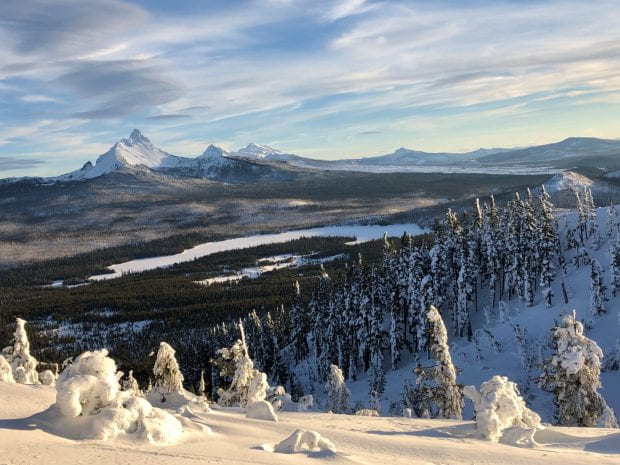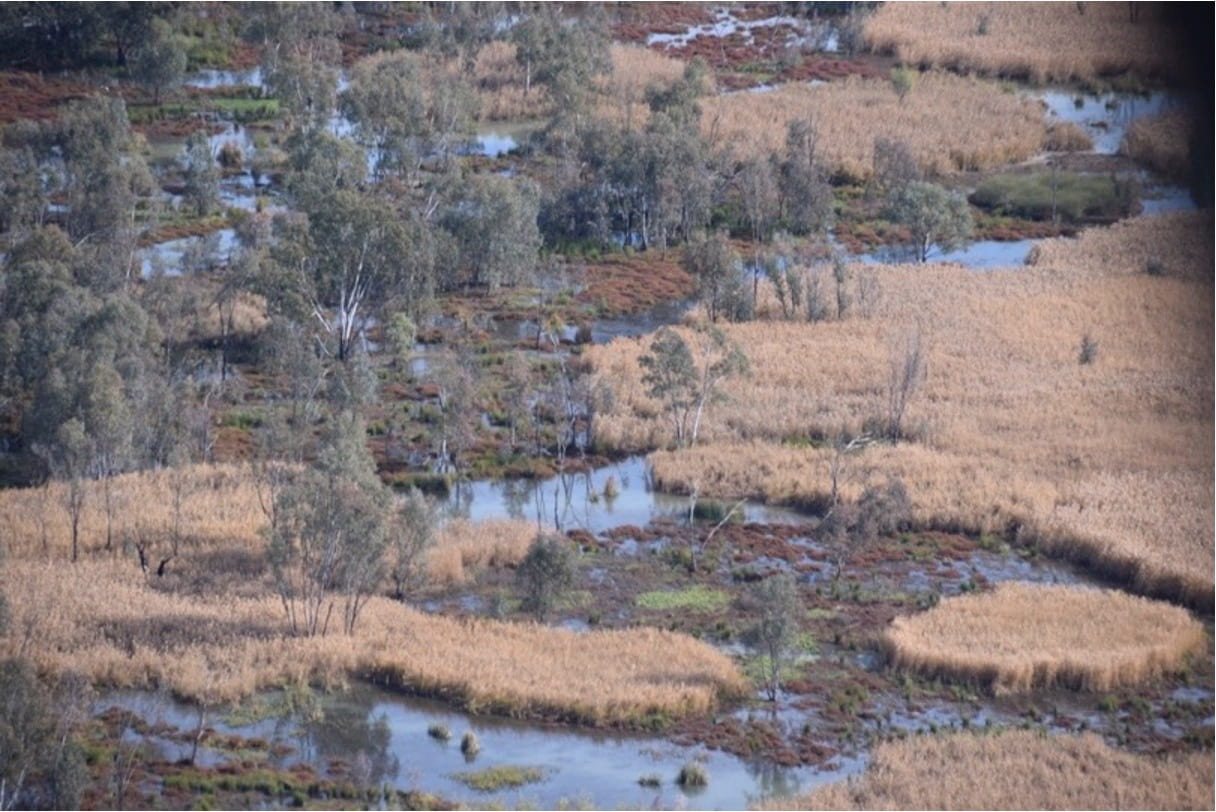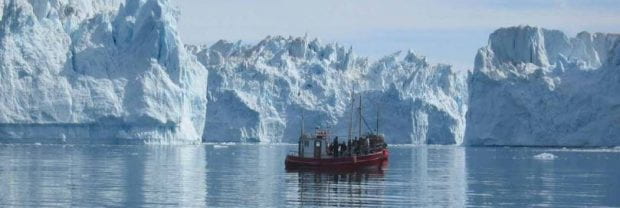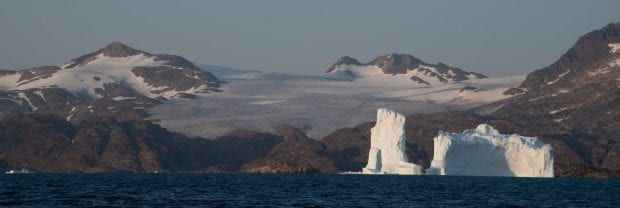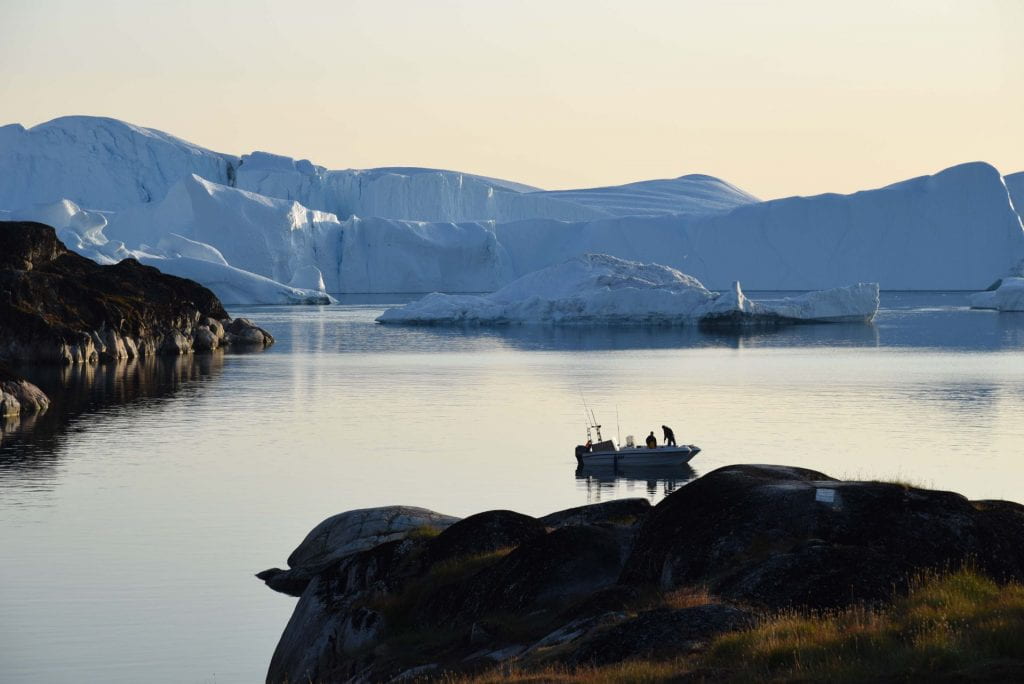Call for Applications (deadline June 10, 2024)
Summer 2024
Climate Change and Environmental Justice Student Research Awards
Overview
Thanks to generous support from the Andrew Mellon Foundation, Professor Mark Carey (Environmental Studies Program/Geography Department) is able to offer several $4,000 Summer Research Awards for either graduate students or undergraduate students to conduct independent research on environmental justice and climate change in the Pacific Northwest. Students at any level are eligible to apply provided they meet the following research and eligibility requirements.
Research Criteria
- The research proposal must be sound, feasible, and relevant
- The Summer 2024 research travel, supplies, and time are not already funded by another source
- Proposed research is humanities oriented
- Proposed Summer 2024 research focuses on climate change and environmental justice in the Pacific Northwest (Oregon, Washington, Alaska, British Columbia), with a more precise focus on either (a) Indigenous communities and/or (b) the cryosphere (snow, ice, glaciers, permafrost)
Eligibility Criteria
- Projects may come from any discipline but must have a substantive humanities component
- Applicants can be any student, from a first-year undergraduate to an advanced PhD student, but the applicant must be returning to the UO as an enrolled student for Fall 2024
- Applicants must obtain a commitment from a faculty member to supervise their summer research project (contact Professor Carey if you have a project but not a faculty mentor)
- Applicants cannot be “double paid” to conduct this research (e.g., if your travel is already funded, then you cannot get more money to fund that travel; or, if your time is already funded through a summer stipend, scholarship, or GE, then you cannot get double salary)
- Applicants must secure research approval from the Institutional Review Board (IRB) if proposed research involves work with human subjects
Award Expectations
- Commit substantial time to conducting this proposed research during Summer 2024
- Maintain regular interactions with the faculty mentor during Summer 2024
- Complete a progress report by July 20 to receive the first half of the award pay around August 1
- Complete a research report on the research conducted over the summer by September 15, 2024 (details of the report format will be distributed to awardees)
- Graduate student awardees must share the results of the Summer 2024 research conducted in some public-facing venue, such as a departmental colloquium, UO Graduate Research Forum, or national conference
- Undergraduate awardees must share the results of the research project at the May 2025 UO Undergraduate Symposium
- Acknowledge the Andrew Mellon Foundation in all work (presentations, publications, theses, etc.) resulting from the Summer 2024 award
- Notify Professor Carey of publications, public exhibits, or presentations resulting from the award
Distribution of Funds
This Research Award will be paid out in two equal installments, one around August 1 after a progress report has been approved, and the other at the end of the Summer once the final research report has been approved by the faculty mentor and Professor Carey.
Please Note: If you are receiving federal financial aid, this award may affect your financial aid eligibility because the Summer Research Award counts as aid rather than compensation for employment. Students who receive federal aid have a responsibility to understand these federal and UO rules and to report all awards earned to the UO Office of Financial Aid and Scholarships.
Application Procedures
Submit an application with the following components:
- a cover letter with all your contact information, student ID number, major or graduate program, GPA, and your faculty mentor name, department, and email address. This cover letter must also include a statement affirming that you meet all eligibility requirements and agree to fulfill all award expectations
- a project proposal in an approximately one-page single spaced proposal that explains: (a) the justification for the project; (b) the proposed research questions; (c) the expected results; (d) the relationship of the project to humanities, climate change, environmental justice, and the cryosphere or Indigenous communities; and (e) your qualifications for this research
- research plan and timeline of proposed activities, which should also name the type of final product (paper, art installation, etc.) you’ll eventually produce and your plan for conducting research and/or writing during summer
- resume or CV
- budget that explains (1) what you plan to use the Award funds for (note that funds to cover a stipend for your time devoted to research or writing is perfectly acceptable provided your time is not funded by another source); and (2) what other funding you do or don’t have, indicating precisely what those other funds do and do not cover.
- The name and contact info for your faculty mentors/advisor, who will be contacted by Professor Carey. But note: your mentor does NOT need to submit a letter of recommendation.
Application Deadline: June 10, 2024
Application Submission
Submit applications as a single PDF document to Professor Mark Carey at carey@uoregon.edu
Questions: Contact Professor Mark Carey at carey@uoregon.edu

